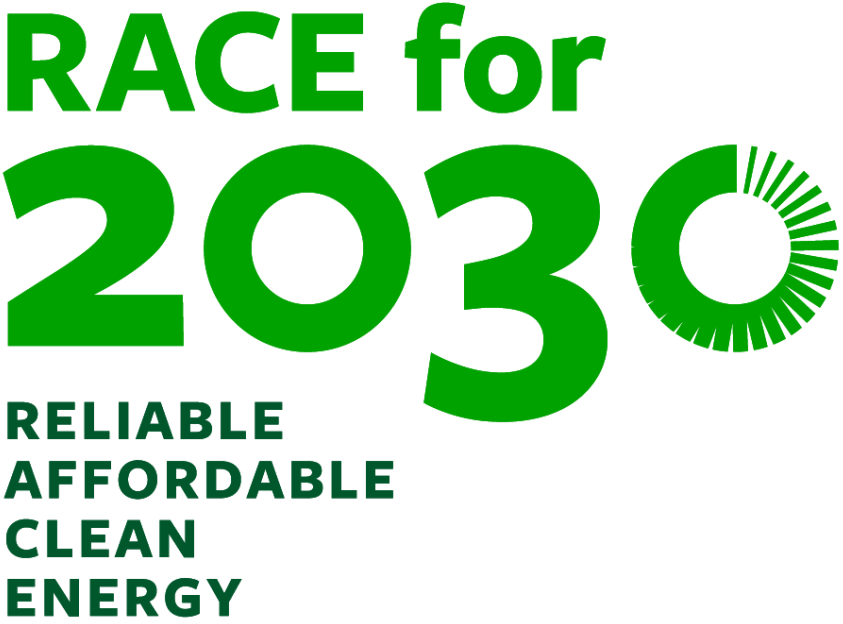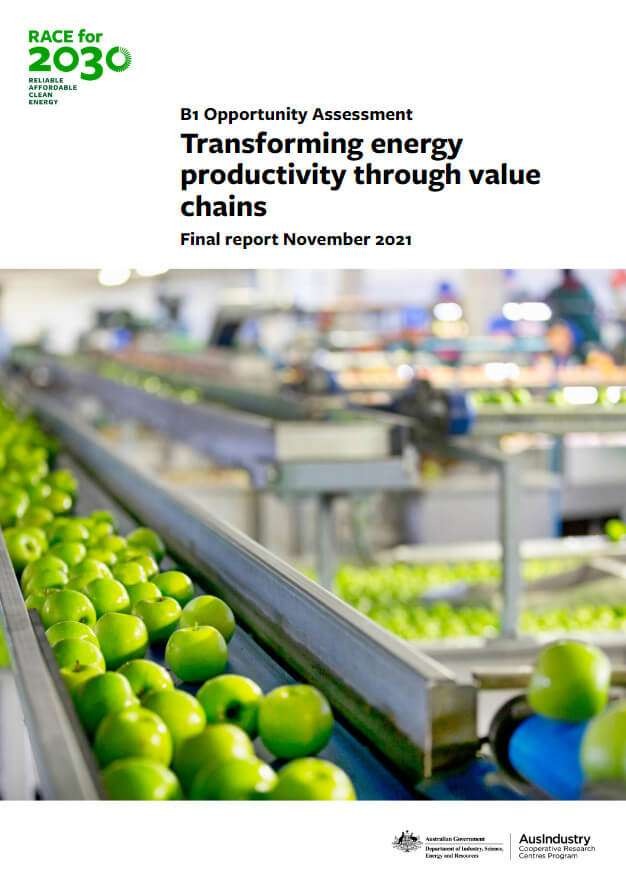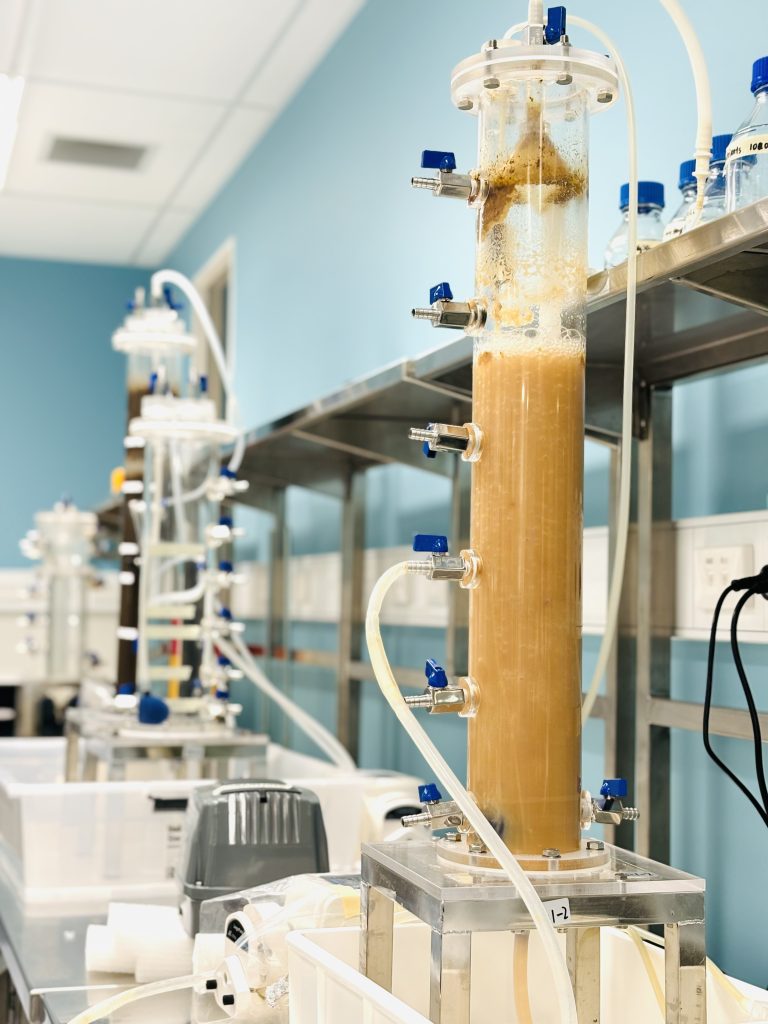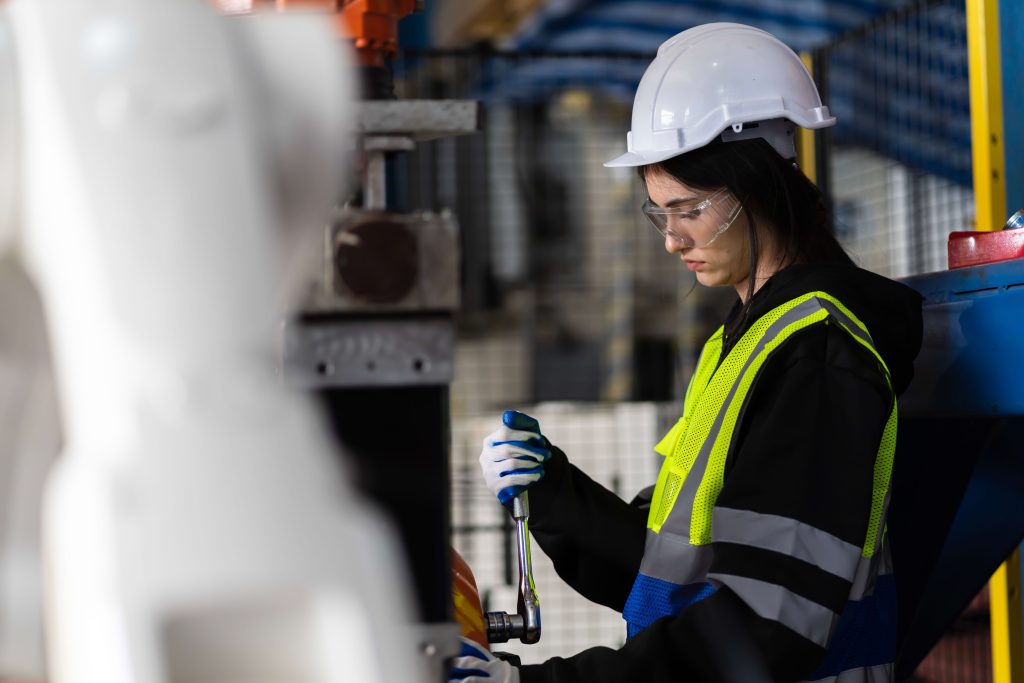Chief Investigators
Prof. Jago Dodson (RMIT)
Purpose of project
This Opportunity Assessment investigated the potential opportunities to transform energy productivity (EP) in priority key value chains. Energy productivity may result from a range of changes to production systems, such as improved labour productivity, improved safety, reduced health costs, increased product quality and value, reduced energy supply infrastructure costs, improved reliability and reduced use of resources.
It deserves mention however, that calculating the energy productivity of any given good or service will be highly complex because of the extensive inputs that go into those goods or services as implied by both the concept of Scope 3 emissions and value chain theory. Accounting for these is a highly complicated process and, in many instances, sufficient data may not exist to allow full energy productivity calculations.
Findings
This project identified that the seven key value chains in Australia were data, education, food, health, infrastructure, shelter and water. Food and shelter were the top two priority value chains.
This project identified opportunities for further research, including:
- Inclusion of policy and market analysis in research projects, to address socio-technical transition issues,
- Focus on two priority clusters – food systems and shelter – including four key opportunities, namely food transparency, reducing food waste, innovative building materials and design and building performance transparency. The shelter priority cluster will be managed through the RACE for Homes research program,
- For the two priority clusters, additional research were identified for:
- Feasibility studies, to test technologies and innovative production systems
- Situation analysis, to obtain information and a more detailed understanding of the value chain and it’s transformational capacity
- Transition studies, which address the key barriers to transformation, including regulatory, social and technical barriers
- Expansion and adaptation studies, to facilitate the transition to new, more productive ways of managing energy
Potential impact
This project defined opportunities for transformative change in EP, customer satisfaction and profitability across the economy. This may lead to major energy and emissions savings, which have been estimated at >$250M per year in energy savings and >$100M/year in non-energy savings.
Project partners – industry and research
RMIT (Lead), Australian Alliance for Energy Productivity (A2EP), Australian Meat Processor Corporation (AMPC), Climate-KIC Australia, Curtin University, Food Innovation Australian (FIAL), Glaciem Cooling Technologies, Queensland Farmers Federation, QUT, Rocky Mountain Institute, Simble, Sydney Water, UniSA, UTS
Industry Reference Group members
Australian Renewable Energy Agency (ARENA), BlueScope Steel, Dairy Australia, Federal Department of Industry, Science, Energy and Resources (DISER), Mater Health Services, Mov3ment, Property Council of Australia, SmartCrete CRC
Published Report
Status
- Completed
Opportunity Assessment
- Completed
Project Leaders
- Jago Dodson, RMIT
Completion Date
October 2021
Project Code
0130







